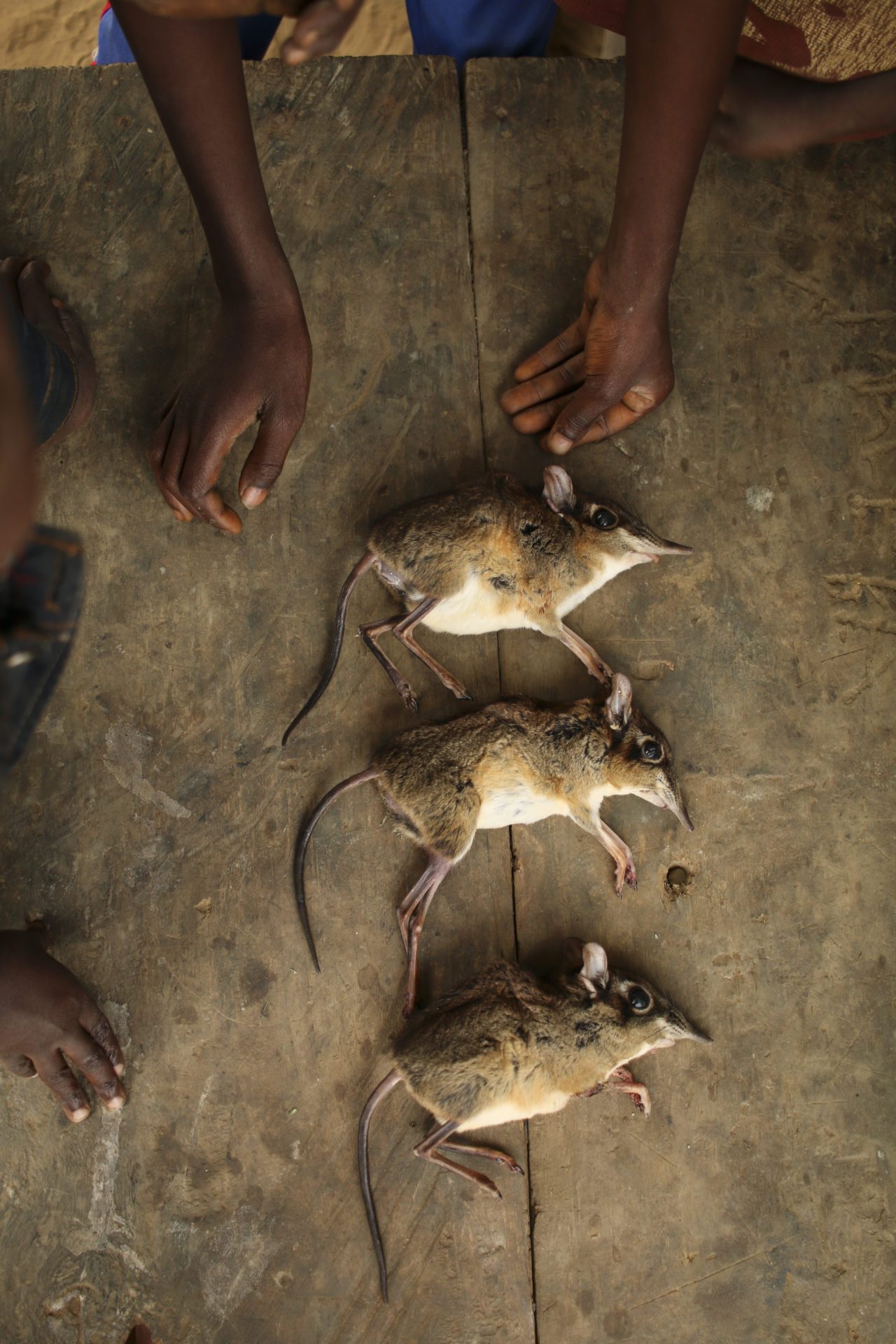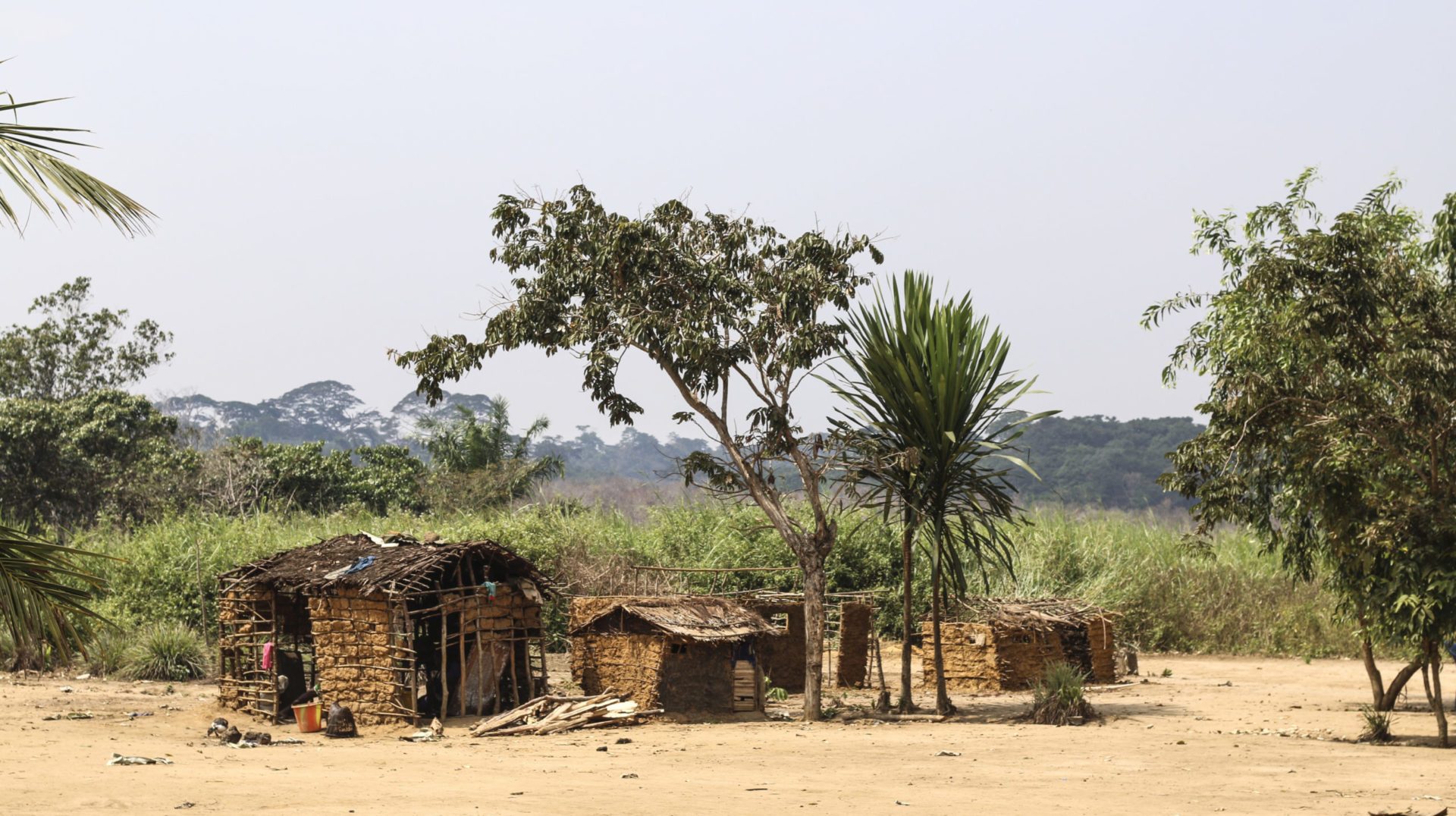Présentation
Zoonotic transmissions are a major global health risk, with human-animal contact frequently raised as a driver of emergence. Studies of zoonotic transmission risks are often piecemeal, targeting bushmeat, specific animal reservoirs, or single pathogens.
The study will examine ecological pathways and networks facilitating microbial and viral flows between people and animals and why these flows occur. Our primary objective is to conduct comparative metagenomic analyses of virome and gut microbiome among people and selected wild and domesticated animals along a gradient of ecological change in a forest-savanna mosaic in Democratic Republic of Congo, an epicenter of zoonotic disease emergence. We will analyze potential viral and bacterial overlap among humans and animals and explain this overlap (or not) through analyses of human and animal mobilities, practices and contacts.
We mobilize social sciences (historical anthropology, ethnoecology), animal ecology, and metagenomics tools to evaluate microbial dynamics among humans, domesticated animals (cows, goats, dogs, poultry) and wild animals (bonobos, other non-human primates, bats, rodents, antelopes). This multi-disciplinary, multi-species investigation in an ecotone (a transition area between two biomes) will offer a “pre-history” of spillover and emergence, tracing an ecological web of virome and microbial sharing among humans and animals, and elucidating why such microbial flows occur.
–
This project is funded by INCEPTION, a selected project of the ANR “Institut Convergence” programme (2017 – 2025).








